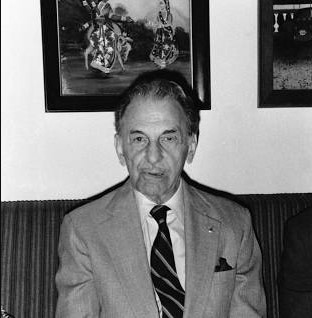Breast cancer prevention: How to reduce your risk
June 14, 2025

In small IT organizations, staff frequently hold one or more service roles. One exception to this is the Business Owner role, which is typically fulfilled by a single individual. In Enterprise Technology, the Business Owner for enterprise services such as Oracle is frequently a senior level staff not in UIT. In the remainder of the UIT business units, the Business Owner is typically an Executive Director, Associate Vice President or Chief Technology Officer. Note that there are exceptions to these rules.
What does a Business Owner do?
The Business Owner plays a strategic role and is not engaged in the day-to-day activities of managing the service. Rather, they focus on the big picture. They define the vision and roadmap. They have the knowledge and authority to make strategic decisions and clear the path of political and financial obstacles. They communicate to key stakeholders and work closely with the Service Owner, who is responsible for developing a roadmap that aligns with the vision.
What are the general responsibilities of a Business Owner?
Provides high-level business requirements and works closely with the service owner during the design phase. Prior to launch, they validate that the service meets the expected business outcomes.
Ensures the service aligns with industry direction, standards, and best practices
Represents the service in business strategy discussions and provides strategic advice to the service team Reviews and approves (if acceptable) identified service risks and mitigations Controls and prioritizes all business requests, such as those for feature enhancements, ensuring limited resources (both staff and dollars) are spent on high-value requests Reviews and approves communications for key stakeholders and the business during “Major” service incidents
Owns the service roadmap.
Source BY:- Sanford university

June 14, 2025

June 14, 2025

June 14, 2025

June 14, 2025

June 14, 2025

June 14, 2025

June 14, 2025

June 14, 2025

June 14, 2025

June 14, 2025